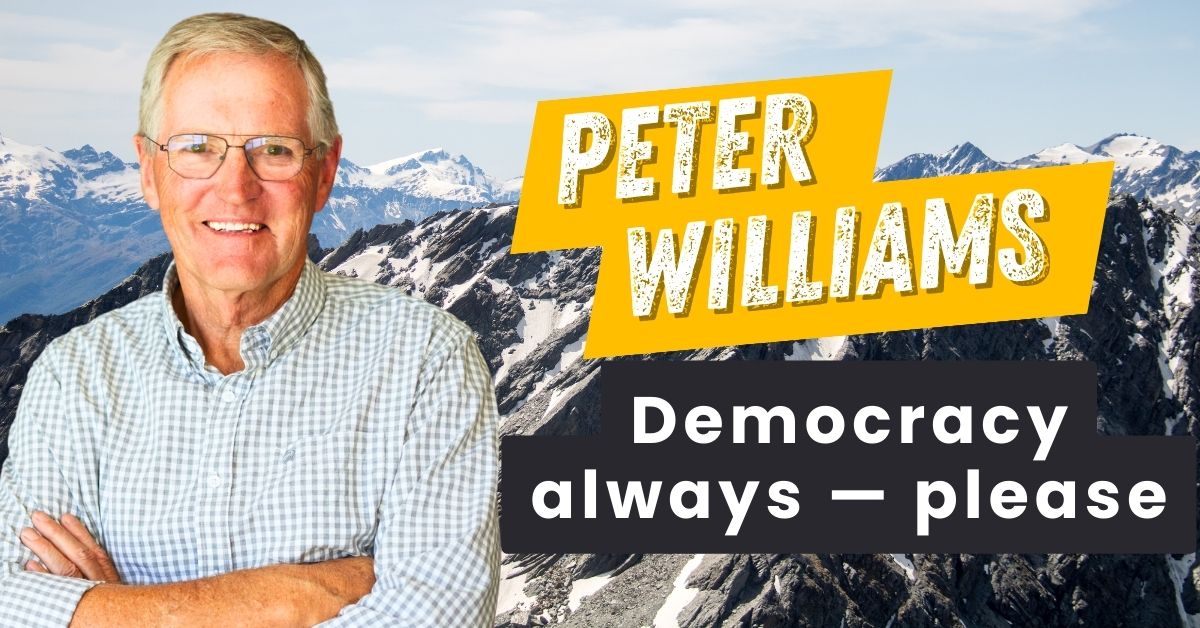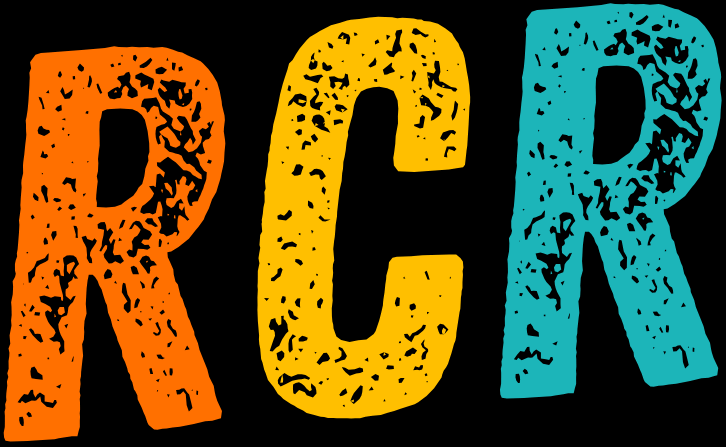
All votes must be of equal value
Some politicians just don’t get the concept of democracy.
That every New Zealander, citizen and resident, gets to cast a vote of equal value in central and local government elections has to be the cornerstone of a modern New Zealand.
Yet two recent incidents make it very clear that there remain people in leadership positions who don’t trust the people to make the “right” decisions.
Firstly to the chair of the Commission which has run Tauranga City Council since early 2021. She made a complete fool of herself with the following comments during an interview on Newstalk ZB.
“I quite like democracy, we all do, but sometimes it fails.”
“The city’s going to go backwards because all the old guard are preparing themselves to be re-elected.”
“Personally I would like a hybrid model (of council) whereby some are elected and we appoint some skilled people.”
“Tauranga is a big complex beast and it takes a special sort of people to run it.
Get the drift? Those are verbatim quotes from the mouth of Anne Tolley, a former National Party cabinet minister put into an $1800 a day job three years ago by Labour’s Local Government Minister Nanaia Mahuta.
As a resident and ratepayer of Tauranga at the time, I was appalled at the move. The mayor Tenby Powell had resigned the previous November saying there was a “DNA of incompetence among TCC elected members.”
In reality Powell was a bully who didn’t get his own way.
I have personal experience of his bullying because he called me in early 2019 saying he’d heard that I was running for mayor (I never had the slightest intention) and warning me not to run because he was.
Around the council table many of his plans were out voted. That’s called democracy.
One person’s big vision is often matched by another’s fiscal caution. The councillors won and Powell lost.
So the mayor used his connections in Wellington to urge Mahuta into appointing commissioners. It was a disgrace.
Worse, at a local ratepayers and residents meeting in Mt Maunganui later in 2021 Ann Tolley promised, nay insisted, that she and her fellow highly paid commissioners would not be there after the 2022 Local Body Elections.
They’re still there. Very overdue elections are scheduled for July.
I left town soon after but not before I saw the start of the Cameron Road reconstruction debacle. This was the work of the Commissioners, pushed by central government, to turn a perfectly good dual carriageway running across the spine of the city, into one lane for cars with bus and cycle lanes.
Three years later I’m told it’s still not finished.
Meanwhile the Commissioners are wanting to finalise the city’s ten year plan before the July elections.
Why?
If this was really an interim move until democracy returned, then the people’s representatives should be making the important decisions about the next decade.
But Ann Tolley and her three highly paid amigos think they know better.
Democracy cannot fail. If you don’t like decisions made by your councillors or MPs then vote them out.
There is already way too much decision making in local government made by the bureaucrats. Sadly they, and any appointed councillors can’t be voted out.
That’s the joy of three yearly elections to, as serial politician Michael Laws says, “keep the buggers honest.”
We didn’t like what Nanaia Mahuta did about Maori wards on local councils either. She took away the right of voters to decide whether they could exist.
But the general electorate — and indeed Mahuta’s own constituents — voted her and her government out of office, and the new coalition has kept its campaign promise to put the existence of Maori wards in a council back to the will of the people.
Over half of the nearly eighty local authorities around the country have at least one Maori ward. The voters in those authorities will now decide whether they will stay.
The key issue around Maori wards is the value of a vote.
In Wellington City, a councillor needed between 5,206 and 2,841 votes in a general ward to win a seat.
For Nikau Wi Neera to win the Te Whanganui-a-Tara Maori ward, he needed just 872 votes.
So the value of a vote in the Maori ward is between three and five times that of a vote in a general ward. That is not democracy.
The Maori ward, a creation of the city’s left leaning council, attracted a lukewarm response from Maori themselves.
For a start, only 8.7% of voters in Wellington (13,670 out of 157,181) identified as Maori.
Among Maori voters, just 5,604 were on the Maori ward roll. Of them a measly 1,849 bothered to cast a vote, hence Mr Wi Neera’s low number for victory over the other two contenders.
Of all the eligible Maori voters, only 4,799 bothered and more Maori voted in general wards than in the Maori ward.
If Wellington, politically the country’s most left leaning and Maori sympathetic city, can only muster a modicum of interest in its Maori ward then the results of local referenda about the ward’s existence would seem rather predictable.
Local Government New Zealand President Sam Broughton, the mayor of Selwyn in Canterbury, has called the central government decision to reverse Mahuta’s ruling in 2021 “complete overreach.”
Hmm. Didn’t we elect a government last year in which the constituent parties campaigned on reverting the Maori ward issue back to where it was before Mahuta’s move?
The Coalition Government is doing its best to ensure the country is colour blind. Hence the disestablishment of the Maori Health Authority and co-governance of Three Waters Entities.
It’s about time. A country divided by race is a country with no future.
A country where some votes are of more value than others is not a country with a real democracy.
A country where local government is run by appointments is no democracy either.
As Winston Churchill famously said in 1947 “democracy is the worst form of government apart from all those other forms that have been tried from time to time.”
Ann Tolley and Sam Broughton would do well to remember that.
For more from Peter, listen to Pete's Ponderings on RCR.
